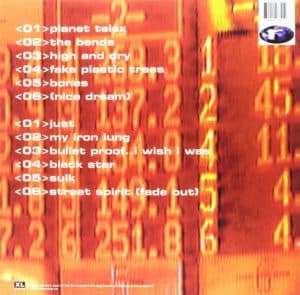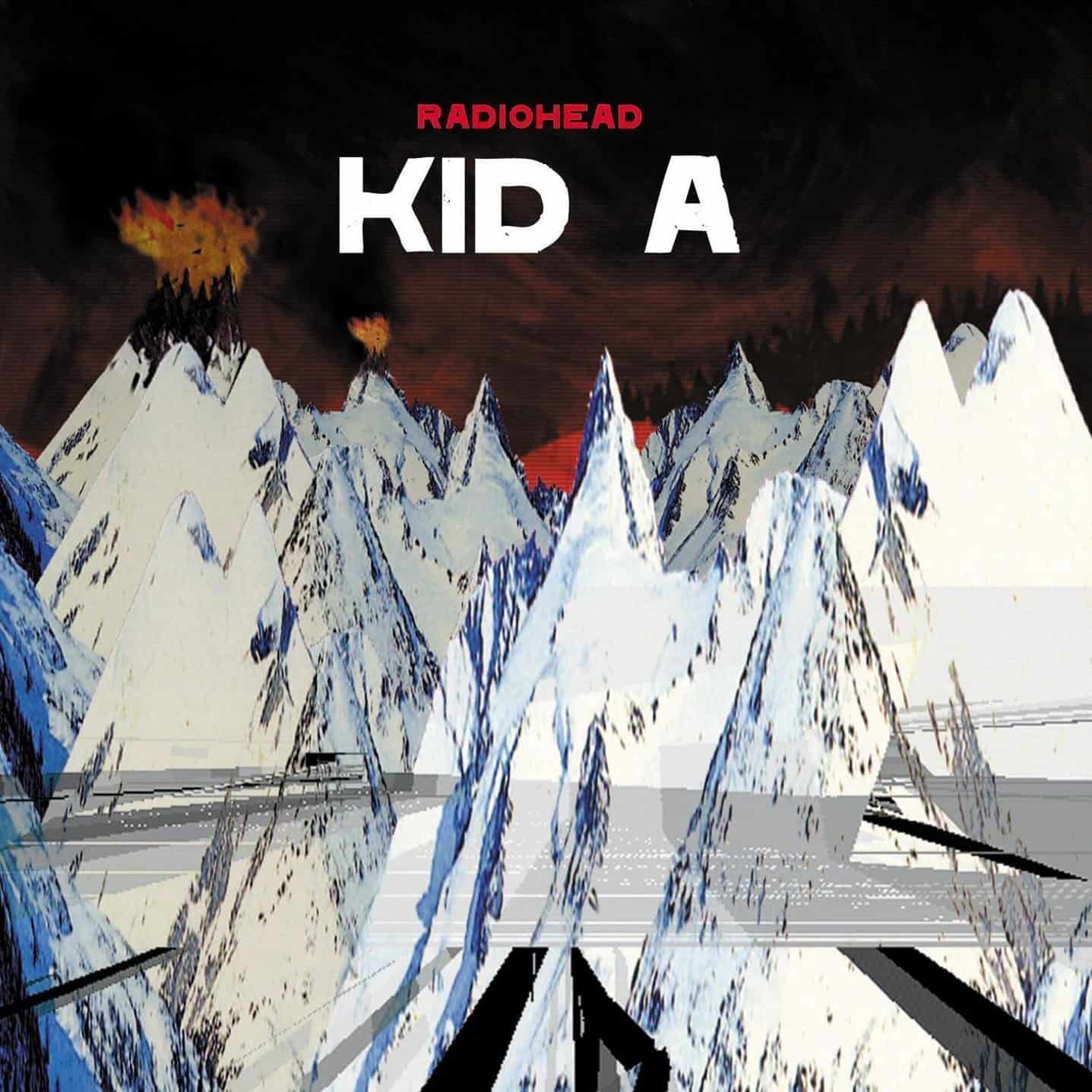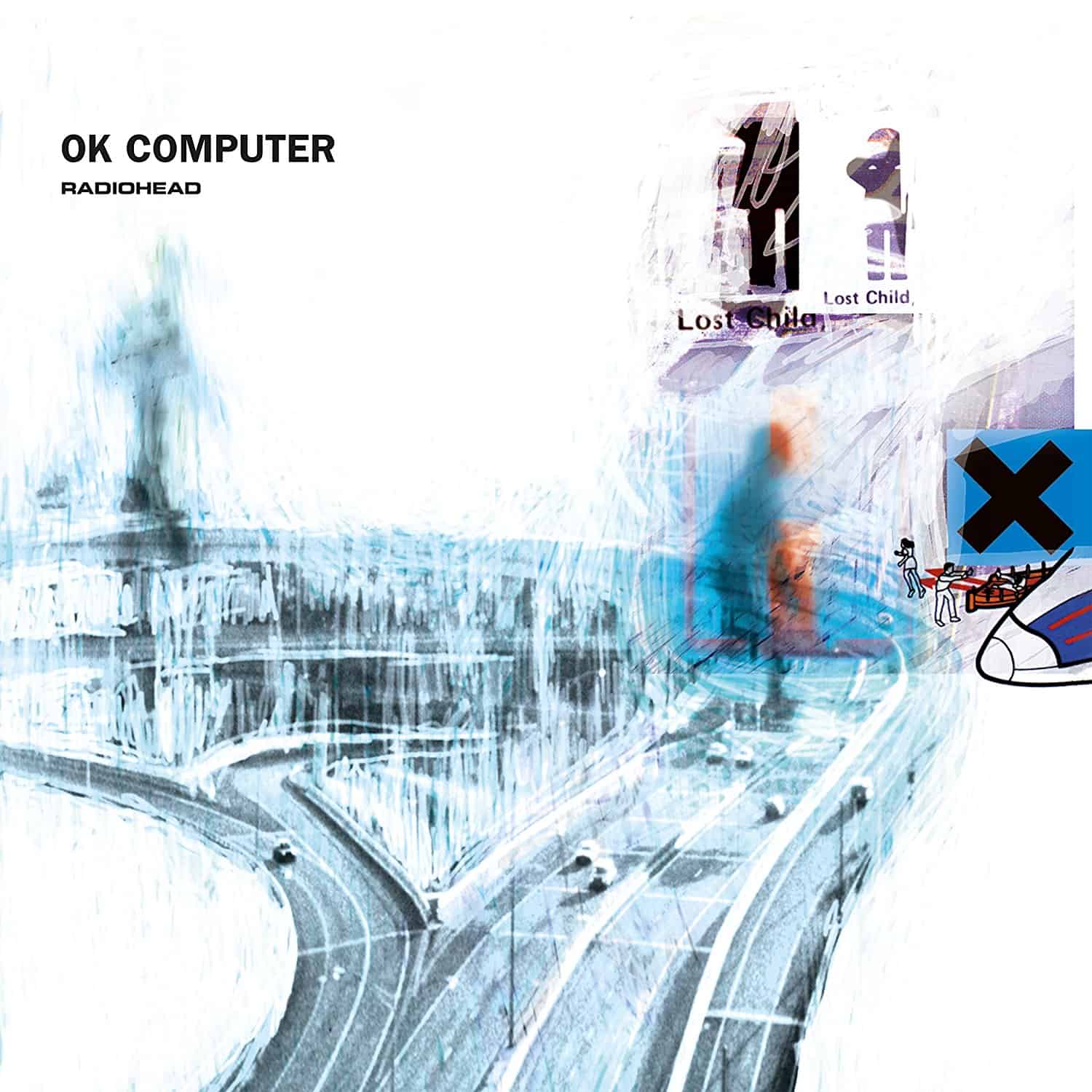Marketplace
2016 XL Recordings PRESSING
- Catalog Number XLLP780
- Release Year 2016
- Pressing Weight 180g
- Jacket Style Single
Critical and fan reaction to The Bends, Radiohead’s second studio album, were decidedly mixed upon its original release in 1995. At the time, the band was struggling to shake dismissive “Nirvana lite” labels all the while dealing with pressure to repeat the commercial success of the hit “Creep” from its debut. The heat proved substantial enough that a running pool in London claimed lead singer and lyricist Thom Yorke would be the next young rock star to wind up in a cemetery.
The Bends also marks the beginning of engineer Nigel Godrich’s long-time association with the group. You can hear the growing pains on cuts like “Planet Telex” and the title track. In addition, producer John Leckie’s lo-fi approach doesn’t quite match Godrich’s more ambitious sonic aspirations. As a whole, the album comes across as a collection of intricate, cohesive songs that struggle to emerge from occasionally flat, muddled soundscapes.
Not surprisingly, the record’s stature has steadily ascended over the past two decades. Songs like “High and Dry” and “Fake Plastic Trees” helped shape a generation of British bands (Coldplay, Alt-J to name a few). Radiohead’s determination to merge American and British influences—along with wide swings in style and dynamics—keep The Bends interesting even after repeated listening sessions. That said, some of the clashing approaches can sound random and ultimately prevent The Bends from reaching the level of sophistication and coherence of OK Computer, Kid A, and In Rainbows.
XL Records reissued The Bends on 180-gram vinyl in 2016. My copy is ruler flat and as quiet as an original U.K. Parlophone pressing. The most noticeable difference pertains to the significantly louder playback volume of the original Parlophone, a full dB hotter than the XL version. On first blush, the latter sounds a bit rolled off, but a volume boost on my preamplifier reveals just as much information minus the “take-the-top-of-your-head-off” edge of the original’s upper frequencies. I prefer the reissue.
The Bends



 4
4

